Question And Answer
Publications
Articles, publications, books, tools and multimedia features from the U.S. Institute of Peace provide the latest news, analysis, research findings, practitioner guides and reports, all related to the conflict zones and issues that are at the center of the Institute’s work to prevent and reduce violent conflict.
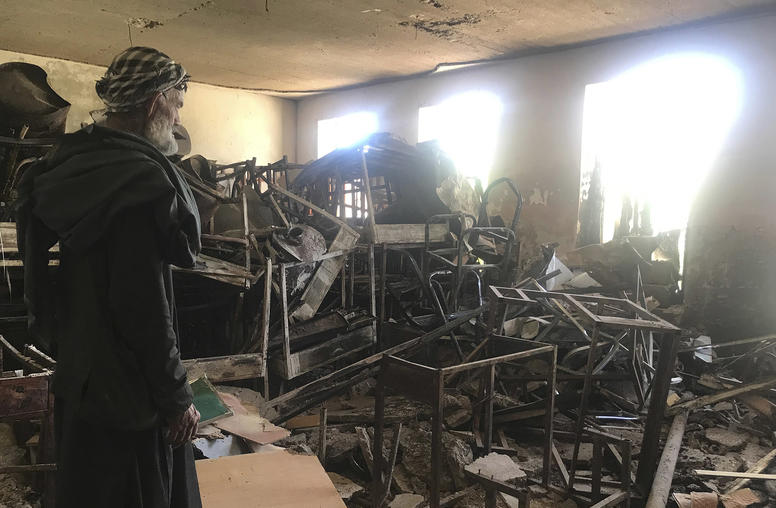
A Foot Forward for Peace in Afghanistan?
Taliban and Afghan representatives agreed early this week to a basic, albeit non-binding, roadmap for intra-Afghan negotiations aimed at ending the 18-year war. Since the U.S. resumed direct talks with the Taliban last September, the two sides have focused on the withdrawal of foreign forces and the steps the Taliban will take against terrorists on Afghan soil. Meanwhile, intra-Afghan talks on a political roadmap have yet to get off the ground. After months of seeming stasis, this week’s Doha meeting has injected renewed hope. USIP’s Scott Smith looks at what happened this week, what it means for Afghan women, and the next steps in the peace process.
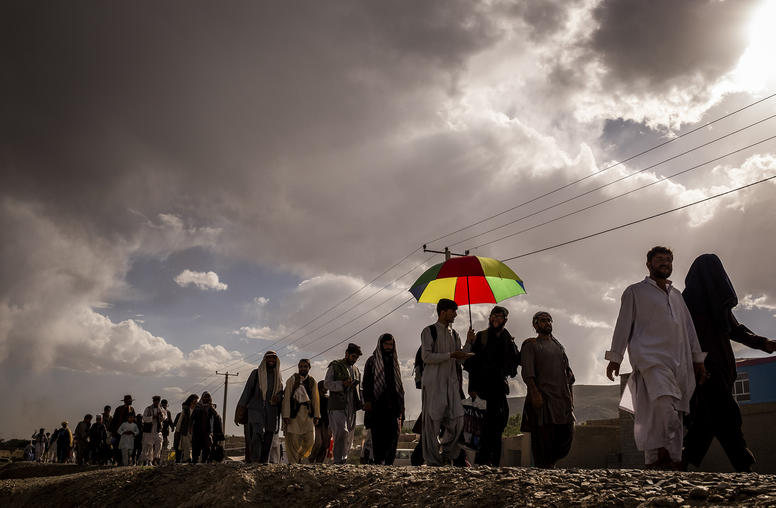
Amid a Spike in Violence, Have Afghan Peace Talks Lost Momentum?
After rapid progress in early 2019, the Afghan peace process has seemingly slowed. The U.S. chief negotiator, Ambassador Zalmay Khalilzad, said in May that his negotiations with the Taliban were making slow but steady progress, but there has been little headway in starting talks among the various Afghan parties. Meanwhile, violence has ratcheted up, as typically occurs in the spring and summer in Afghanistan. The country’s overdue presidential polls are scheduled for late September, further complicating efforts to achieve peace. Can talks succeed amid the violence and political discord? Will the elections drain momentum from the peace process? USIP’s Johnny Walsh looks at the Afghan peace process ahead of the next round of talks in late June.
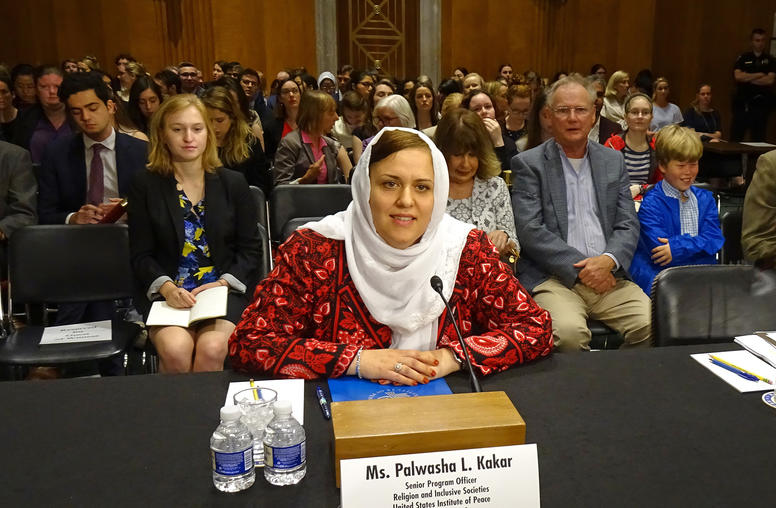
Women in Conflict: Advancing Women’s Role in Peace and Security
Palwasha Kakar, senior program officer for religion and inclusive societies, testified on June 13 at the Senate Foreign Relations Subcommittee on Western Hemisphere, Transnational Crime, Civilian Security, Democracy, Human Rights, and Global Women’s Issues' hearing on "Women in Conflict: Advancing Women's Role in Peace and Security.” Her expert testimony as prepared is presented below.
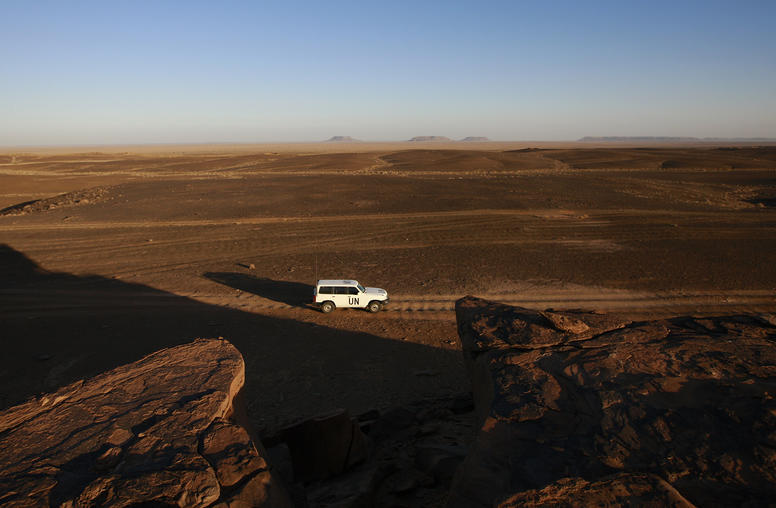
Western Sahara: Problems in the U.S. Push for Peace?
U.N. ceasefire monitors patrol the Smara region of the Western Sahara. U.S. pressure for negotiations aims to end the four-decade conflict, including the costs of U.N. involvement. (U.N. photo/Martine Perret)

Belquis Ahmadi on the Afghan Peace Process
Reflecting on recent conversations in Doha and Kabul, USIP’s Belquis Ahmadi says that Afghans told her they want peace, but are not willing to sacrifice the hard-won gains of the last 18 years to get there. As U.S.-Taliban talks move forward, the extent of the Taliban’s evolution on issues like women’s rights remains in question. “I’ll believe it when I see it,” says Ahmadi.
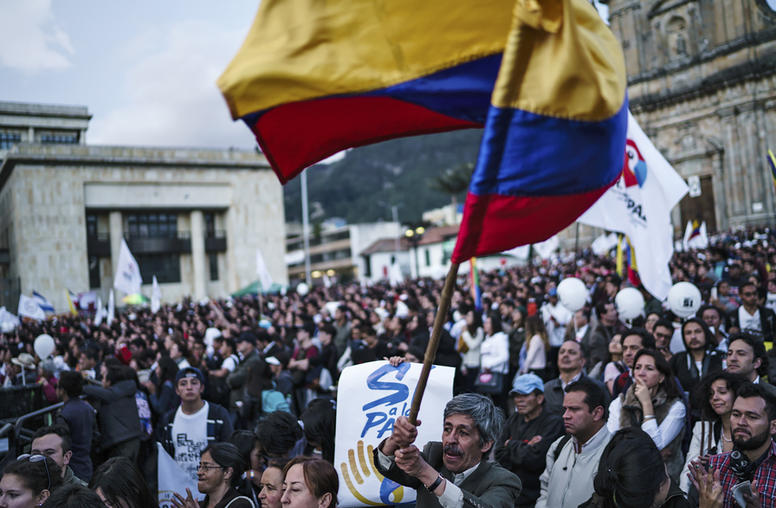
Colombia Lawmakers Debate Peace Deal Challenges
The peace accord that halted a half-century of violent conflict in Colombia has reached a critical juncture. With the population almost evenly split over the terms of the 2016 agreement and a new government led by the party that opposed it, analysts and political figures see sustainable peace as increasingly endangered.
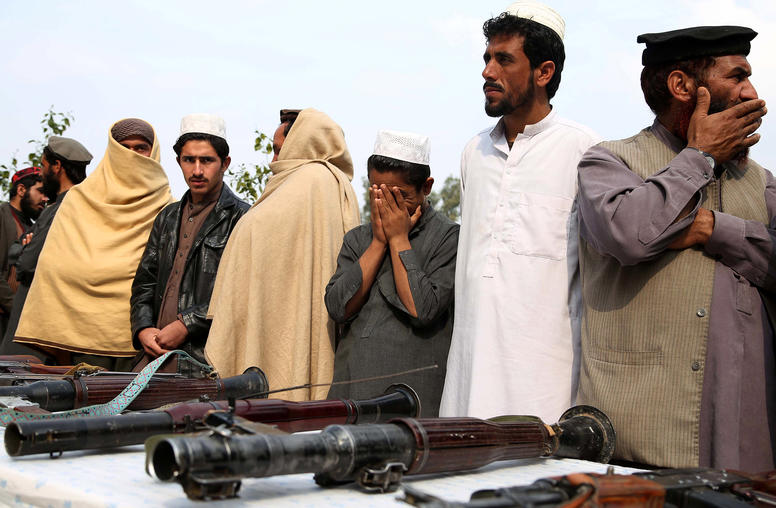
Options for Reintegrating Taliban Fighters in an Afghan Peace Process
A central issue for Afghanistan in achieving stability is making long-lasting peace with the Taliban. The success of any such agreement will depend in large part on whether Taliban commanders and fighters can assume new roles in Afghan politics, the security forces, or civilian life. This report explores that question, drawing on lessons from how similar situations unfolded in Burundi, Tajikistan, and Nepal.
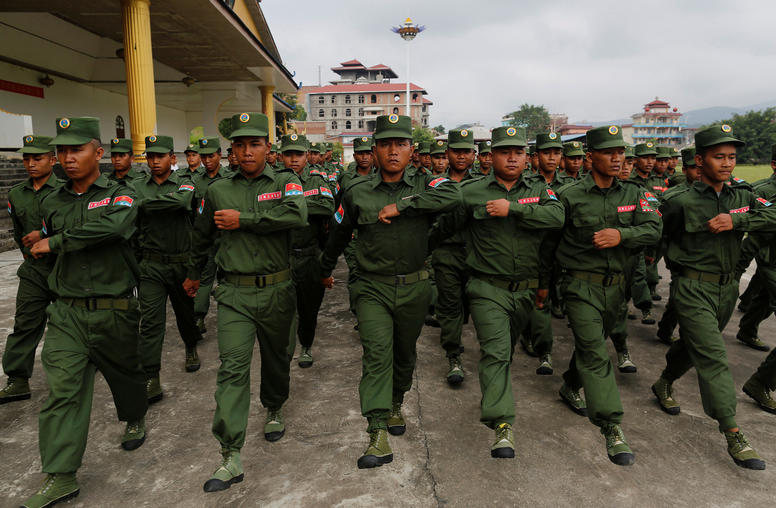
The United Wa State Army and Burma’s Peace Process
The United Wa State Army, a force of some twenty-thousand fighters, is the largest of Burma’s ethnic armed organizations. It is also the best equipped, boasting modern and sophisticated Chinese weaponry, and operates a formidable drug empire in the Golden Triangle region. This report examines the history of the Wa people, the United Wa State Army’s long-standing political and military ties to China, and the Wa’s role in Burma’s fragile peace process.
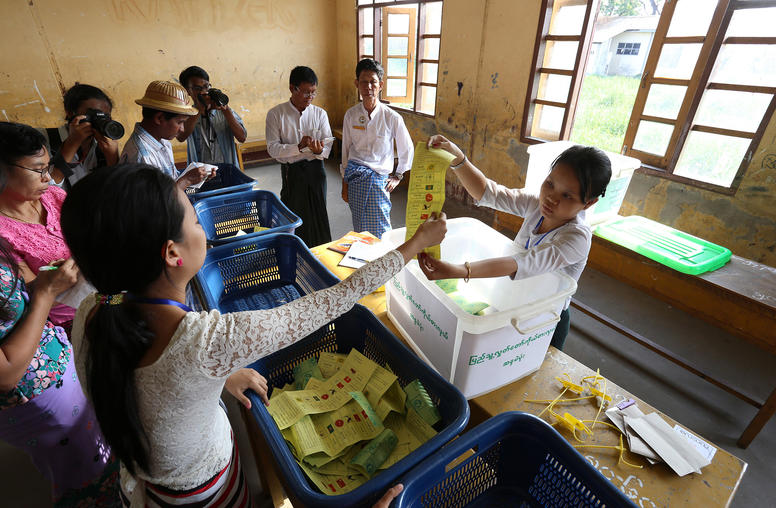
Myanmar’s 2020 Elections and Conflict Dynamics
In late 2020, Myanmar will hold a general election for more than a thousand seats in Union, state, and regional legislative bodies. The next year and a half will also see two high-level, conflict-laden processes capture domestic and international attention—the 21st Century Panglong peace conference and possible attempts to repatriate Rohingya refugees. This report evaluates the environment in which the peace process, Rohingya repatriation, and the election intersect and identifies opportunities for mitigating conflict in the run-up to the election.
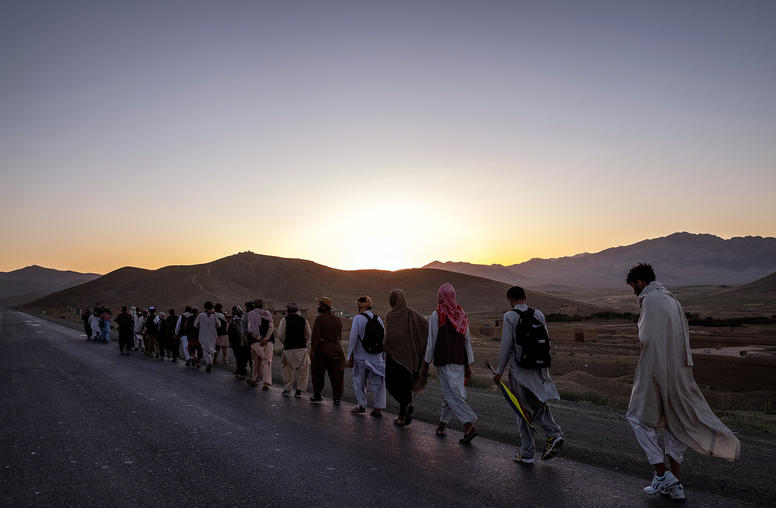
The State of Play in U.S.-Taliban Talks and the Afghan Peace Process
The latest round of U.S.-Taliban talks concluded on March 12, with both sides noting progress but conceding that no breakthroughs had been made. After two weeks of discussions in Doha, Qatar, American officials said they were close to reaching a final agreement on a potential U.S. troop withdrawal and a Taliban pledge to no longer allow terrorist attacks from Afghanistan. But how far can these talks go without the Afghan government involved? Is Afghanistan’s post-2001 progress in jeopardy? And what do regional actors think about the talks? USIP’s Johnny Walsh examines the state of play in the Afghan peace process.